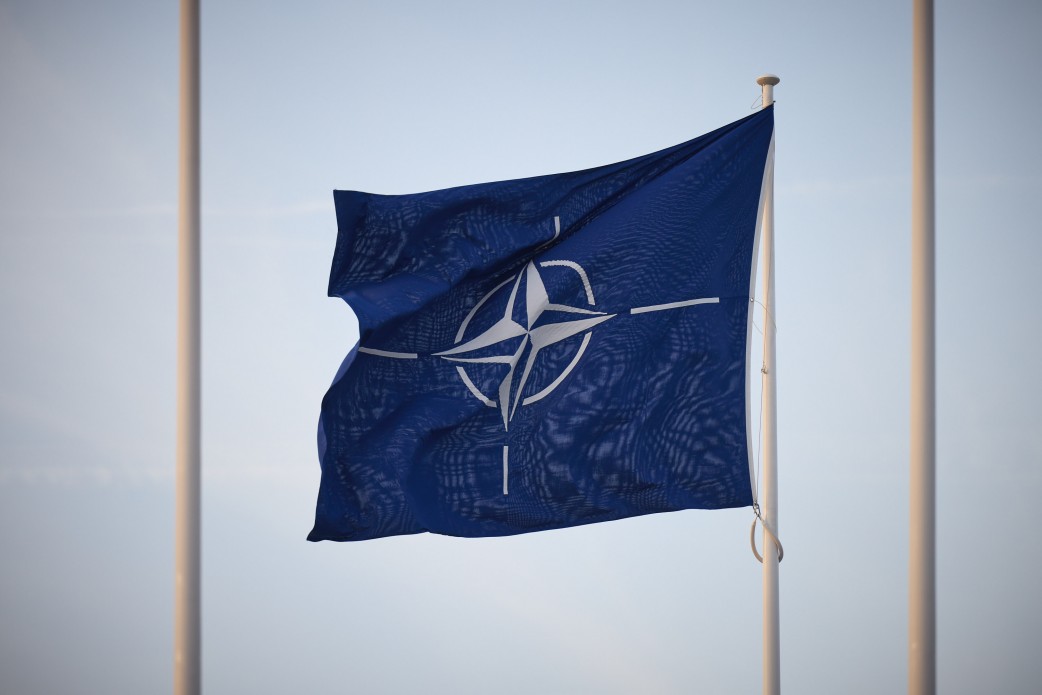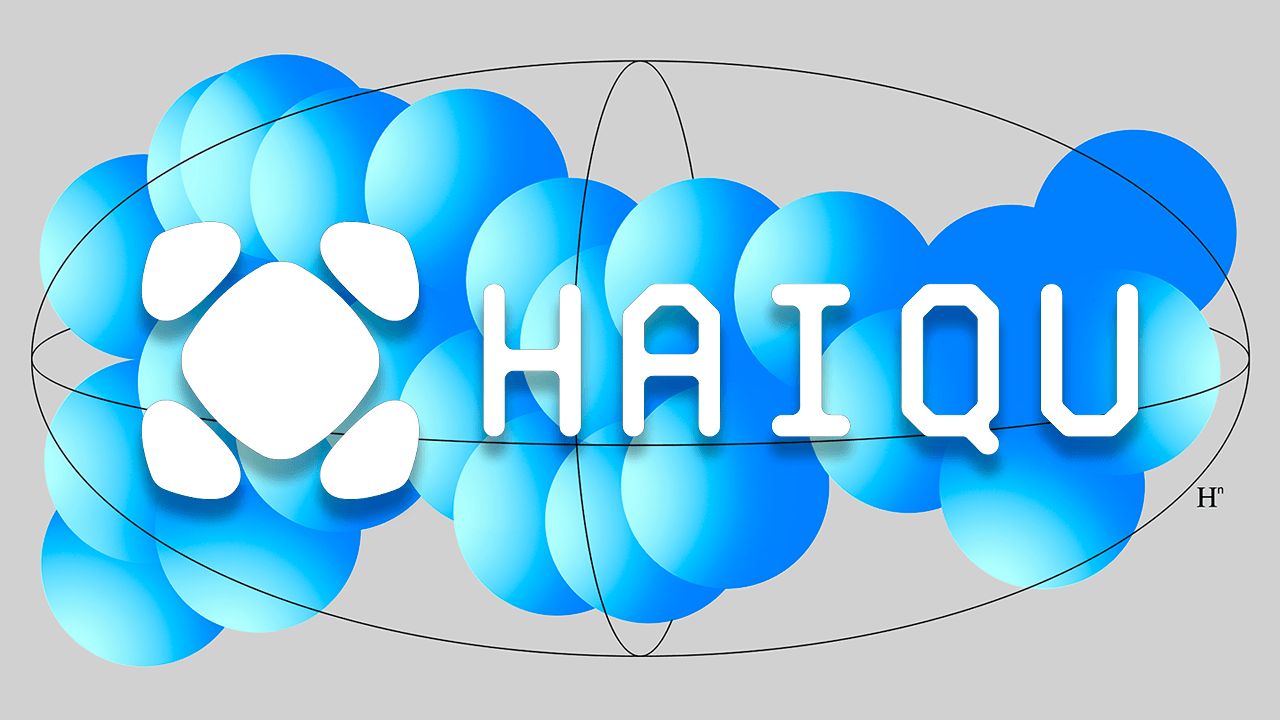The Kremlin persists in employing discredited narratives as part of its broader information operations strategy aimed at discrediting and undermining Western support for Ukraine.
Russian Ambassador to the Hague, Vladimir Tarabin, reiterated the Kremlin’s unfounded assertion that Ukraine is involved in the development of biological weapons within biolabs funded by the US and NATO in Ukraine. This statement was made during an interview published on March 25.
Additionally, Tarabin alleged that Ukrainian forces are systematically utilizing a variety of toxic chemicals against Russian military personnel along unspecified areas of the frontline, including chemical substances prohibited by the Chemical Weapons Convention (CWC).
Tarabin's reliance on the already discredited biolabs narrative casts doubt on his other accusations. Moreover, an unnamed Russian company command alleged that Ukrainian forces are employing phosphorus ammunition shells in unspecified areas of the Zaporizhia direction. While these shells are not banned by the CWC in conventional warfare, their use against civilians is prohibited.
It is worth noting that Russian forces have previously deployed white phosphorus in urban areas of Ukraine, posing a risk of harm to civilians on multiple occasions.
Kremlin officials, including Russian President Vladimir Putin, have persistently accused the West of continuing to fund biolabs in Ukraine since before the full-scale Russian invasion of Ukraine. However, this narrative has been debunked by Western publications, officials, and international organizations.
It is important to highlight that the claims made by Russia do not hold the same weight as Ukrainian and Russian reports of Russian forces using chlorobenzylidenemalononitrile (CS) gas or chloropicrin (PS), both of which are prohibited by the CWC, ratified by Russia in 1997, in warfare.
Several Russian and Ukrainian sources have presented evidence of the use of such banned chemical agents against Ukrainian positions on the battlefield.





















